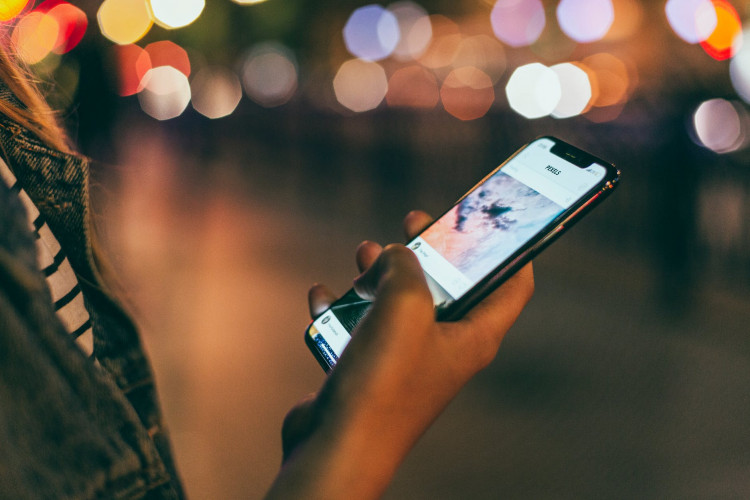Searching for psychiatric help isn't easy, especially in the US. Because of the huge gap between the increasing demands of patients and the number of experts that can answer their needs, patients have to wait for days even for months to be able to get the medication they deserve, as reported by Psychology Today.
Because of the hassle, stress, and the time wasted just to book an appointment with their psychiatrists; patients tend to rely more on other choices instead. One of the options they often choose is the smartphone therapy by using mental health apps, which offers a quick and easy way to treat insomnia, mood swings, depression, and anxiety in a much convenient way. But are these apps effective?
These smartphone apps are easy and cheap to acquire, can cater all people worldwide, can be accessed anywhere anytime, and its user's privacy is also taken into consideration, according to Dr. Mark Larsen, who is a researcher at the Black Dog Institute, claims this technology is indeed a good asset. Given these reasons, "there's really high-quality evidence that smartphone apps can help reduce the symptoms of depression and anxiety," explains Larsen.
So, are these mental health apps work? Yes, as claimed by Larsen, but only with one problem-that is the insufficient information of how effective these can be, according to Body and Soul.
In research conducted by Larsen and his team, which was published in npj Digital Medicine, the team studied several popular mental health apps available online and the accuracy of their promised benefits. With over 73 apps, which ranked highest on Android and Apple app stores, the researchers found out that only about 44 percent of these apps have included 'scientific language' in their program. Furthermore, the experts also found out that among all those apps, only two of them has proofs of their effectiveness.
"It's important to build an evidence base to show that the apps will actually help people using them," Larsen says. The programmers who created the app must make sure to include proofs of how it can affect people who'll be going to use it.
Since the risks for online mental health apps nowadays is increasing as it is now easier to create and upload applications no matter who you are, Larsen advice users to always check the credibility of the app developer first before using any mental health app you've just downloaded online. If a mental health organization supports the app, government department, or a university, the better, some of the trusted mental health apps approved by experts include Headspace, Mood Coach, MindShift CBT, and MoodMission.






